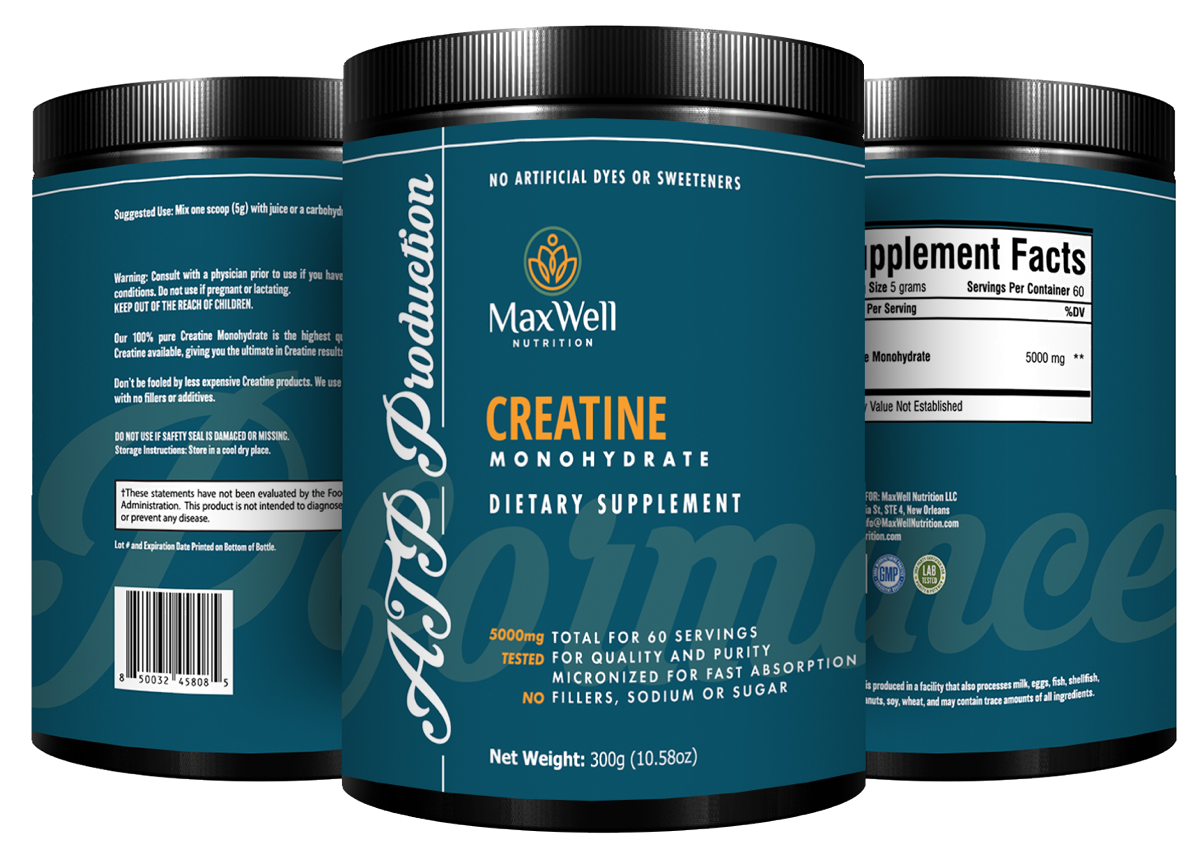2002 research published in PubMed notes that the typical American diet is deficient in fruits and vegetables and contains excessive amounts of meat, refined grain products, and dessert foods. “Such a diet, notes the research, “can have numerous adverse biochemical effects, all of which create a proinflammatory state and predispose the body to degenerative diseases.”
Researchers from the University of Hawaii Cancer Center, Center for Gender Innovations in Science and Technology Research, Seoul Korea, University of Memphis School of Public Health, University of South Carolina Cancer Prevention and Control Program, and University of Southern California’s Norris Comprehensive Cancer Center, have determined, “the association of a pro-inflammatory diet with a higher risk of mortality and suggest the association may vary by race / ethnicity.”
Writing in the December 2018 issue of the online journal Nutrients—The Dietary Inflammatory Index and All-Cause, Cardiovascular Disease (CVD), and Cancer Mortality CM) in the Multiethnic Cohort Study—it was demonstrated that the Dietary Inflammatory Index (DII) can assess the inflammatory risk that an individual’s overall dietary components have on inflammation in the body—which increases risk of CVD and CM.
The Multiethnic Cohort (MEC)—215,000 participants aged 45 to 75 years recruited from 1993 to 1996—consisting of African Americans, Native Hawaiians, Japanese, Latinos, and whites—afforded the investigators the ability to correlate the racial and ethnic differences in risk factors to chronic disease and life expectancy. After appropriate exclusions, “data from a total of 150,405 participants (67,351 men and 83,054 women) remained in the analytic dataset.”
The participants entered the study by completing a self-administered, 26-page mailed questionnaire. The baseline questionnaire looked at quantitative 8 or 9 food frequency (FF) categories and three serving sizes—using 3-day measured food records completed by 60 men and women from each ethnic group, which was followed by 3-twenty-four-hour (FF) questionnaires from 260 diversified participants.
The DII was determined by, “an inflammatory effect score—(based on) nearly 2000 peer-reviewed articles published through 2010 on the association between diet and six inflammatory markers (i.e., C-reactive protein, interleukin (IL)-1?, IL-4, IL-6, IL-10, and tumor necrosis factor (TNF-a).”
CVD and cancer deaths from members of the cohort group were verified to death certificates in Hawaii and California, and the U.S. National Death Index through December 31, 2014.
Here are some of the cited findings: Higher DII scores were associated with an increased risk of all-cause, CVD, and cancer mortality in both men and women, as either a categorical or continuous variable, when adjusting for age and race/ethnicity; Latinos and Whites displayed statistically significant increased risks and, in the models with the DII as a continuous variable, African-American and Japanese-American groups also showed a suggestive increase in risk of all-cause mortality. A positive trend for CVD mortality was statistically significant in Japanese-American and White men, although no heterogeneity was found across the five racial/ethnic groups; For cancer mortality, only Latino men showed a significant increase in risk; In women, the associations between the DII and all-cause mortality did not vary across the racial/ethnic groups.
All of this research led to this conclusion: “These examinations confirm that a more pro-inflammatory diet was associated with a higher risk of all-cause, CVD, and cancer mortality in both men and women. In addition, the association was found in African Americans, Japanese Americans, Latinos, and Whites, but not in Native Hawaiians, the diets of whom were more pro-inflammatory compared with the other racial/ethnic groups.”
This information leads to the Mediterranean Diet, which includes consuming primarily plant-based foods—fruits, vegetables, whole grains, legumes, and nuts; replacing butter with healthy fats such as olive or canola oil; limiting red meat intake to a few times per month; consuming fish and poultry at least twice weekly; optionally, consuming red wine in moderation; plus, plenty of exercise.
Remember, you should always consult your physician before beginning any exercise, diet, or nutritional supplementation program.











